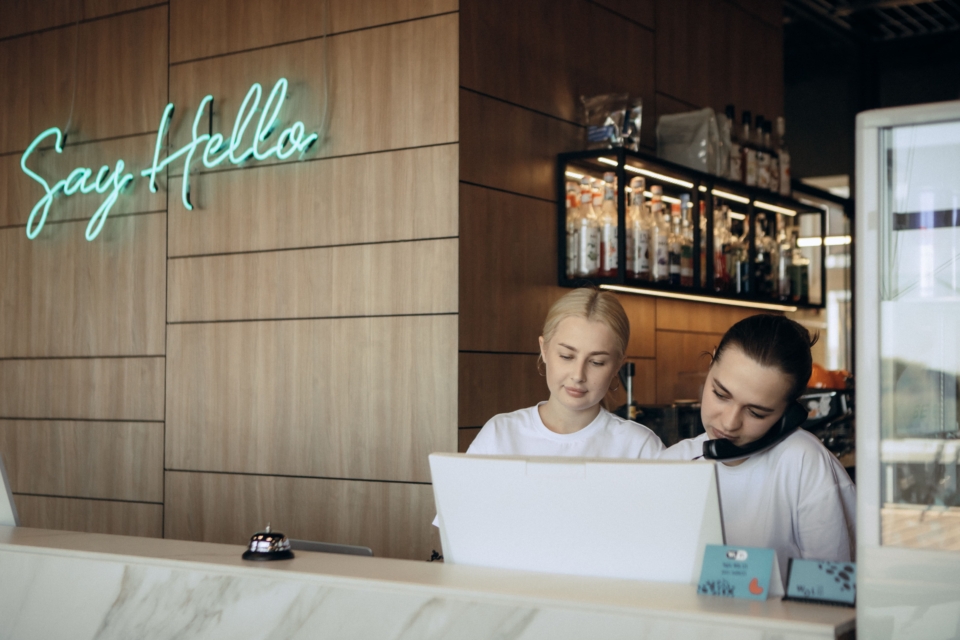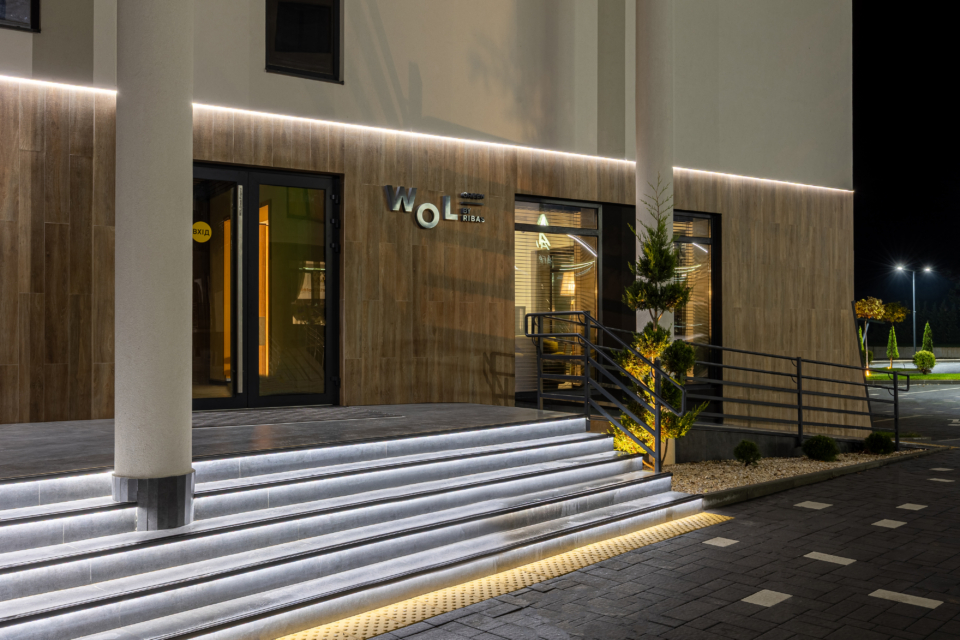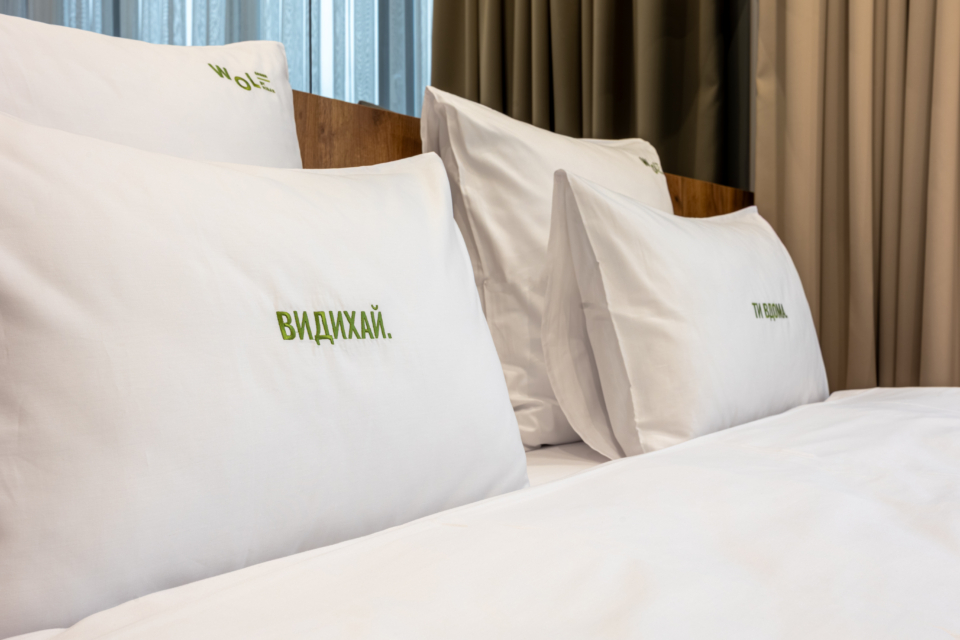Aroma marketing in the hotel business: why is it important?
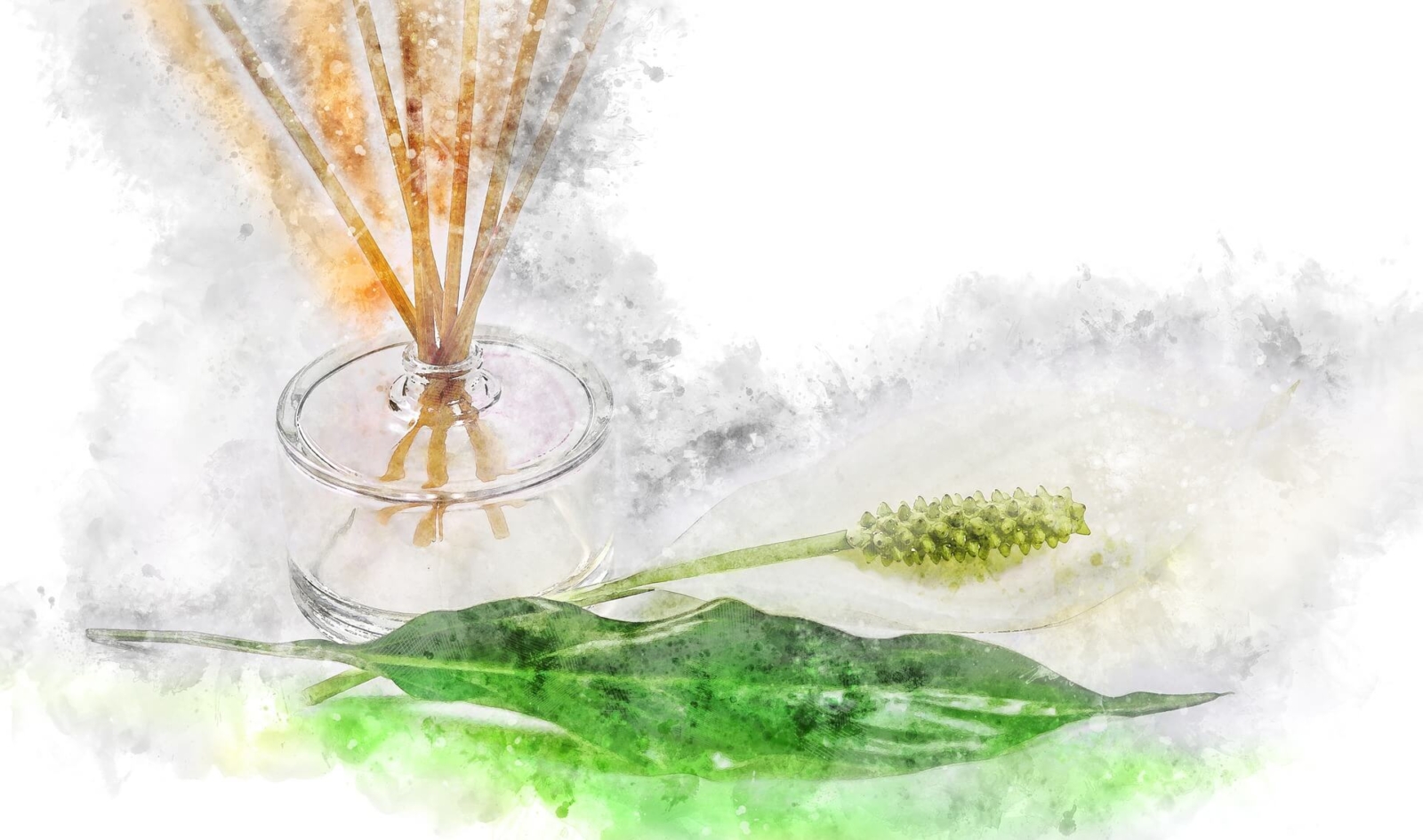
“I don’t understand people who buy a new car and immediately install a flavoring device,” says Andrey Marenchuk, Executive Director of Ribas Hotels Group. — Thus, they simply “kill” the brand identity, the brand identity inherent only to it. Namely — the first smell that remains with the car for the first 30,000 km. After all, this is not just the aroma of a particular car manufacturer. This is the character of the car, which is settled in the smell of paint, leather, high-quality plastic and other elements. Real car enthusiasts understand that each car has its own smell and try to keep it as long as possible. And when it finally faded, they look for a similar one, because a strong association with the car smell had already formed.
The conversation with the Executive Director of the hotel chain about car personality markers, of course, smoothly moved to the hotel plane. What came out of this did not fit into one comment, so we offer you a detailed material, with subheadings and arguments.
Fragrance is one of the most effective levers of influence on a person. According to scientists, this is one of the longest-playing instruments. This is because the human brain remembers smells almost all its life. And the connections that were formed due to certain flavors, too.
Areas of application or what you can applaud foreign realtors for.
How can this be used in business?
The range of scents is limitless. From the examples below, you will see that the right scent is a powerful marketing tool. You will probably remember that when you go to a cafe or small restaurant, you can smell homemade cakes. No, they didn’t leave the kitchen door open. It makes you feel hungry and comfortable. And it works. Agree, what can have a rest and a snack better than the smell of freshly baked hot bread or rolls?
And the aroma of coffee?! Even those who don’t drink it find the coffee smell pleasant. This is a scientifically proven fact. Therefore, foreign realtors before showing homes for sale, first spray perfume with the smell of coffee. Or half an hour before the arrival of customers, brew a drink in the kitchen and leave it in the living room, so that the aroma is well spread around the premises and causes potential buyers to feel comfortable and homely.
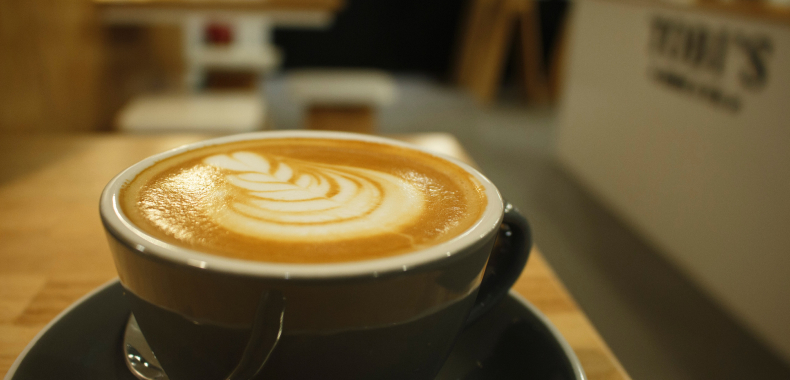
Branded clothing stores usually spray an expensive smell so that customers associate it only with this store.
Aroma marketing in hotels has a slightly different goal. Its task is to create associativity not only with the company logo, but also with the placement itself. That is, so that the guest remembers the hotel every time he hears this fragrance, no matter where he is.
For example, one Moscow hotel uses a smell close to the perfume “Red Moscow”, exploiting the nostalgic mood of the Soviet era. This is done because the target audience of the hotel is people whose age just “captures” the years of the USSR. They know and remember the smell. It often evokes warm memories and a sense of calm, stability, and security.
Neutral or potent: that’s the question.
We are currently in the process of searching for hotel scents. We have been testing one fragrance for about six months: we collect feedback and monitor guest responses. I believe that in no case should we agree to be neutral in this matter. The essence of marketing is “worked” or “didn’t work”. After the application of any tool should be followed by action. In this case, it is better to know about the negative reaction than to see its complete absence. If there is no response to the smell in the hotel, it means that it is empty: it does not cause emotions, desire to return, associations with a good rest.
If the smell causes a negative reaction, our actions are logical: we immediately change it.
I will draw, perhaps, an unusual parallel with the SMM. If you see zero likes, reposts, and comments on a company’s posts in social networks for a long time, what do you do? You change the emphasis in the content and monitor the activity and reach.
Same with fragrance. It is necessary to conduct constant work.
At some point, you may want to ask the guest if they like the room aromatization or not. I recommend not doing this. Most likely, you will get them to listen, evaluate, turn on their expertise and say that ” this smell with notes of pine needles and nutmeg does not suit your hotel.” Such surveys are bad because you automatically turn the guest into a mini-expert in a field in which they are unlikely to be competent, and can only make a conclusion based on their taste and preferences.
We do not let the fragrance in the rooms
There are various aroma systems for hotels: diffusers, general ventilation systems, oil jars.
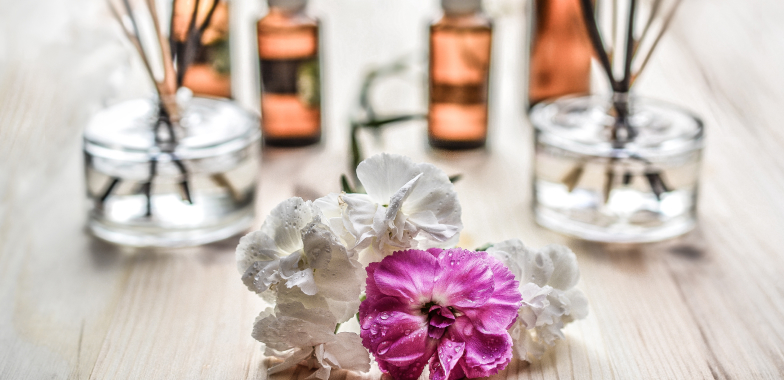
There is a large variety of containers with oils of various shapes and sizes. And they are very well suited for local smell propagation. For example, in the bathroom or in a small room. If the hotel reception and lobby area is about 120-150 sq. m., you will have to install several of these jars with aroma sticks. This is economically unjustified. But, to give them their due, they have a brighter and richer smell.
When we invite aroma marketing specialists, we insist that they come to the hotel, look at the squares, take into account many factors: where people stay, where they go, where the air flow comes from. And only after that they put flavorings. After all, it is not enough just to install the sprayer in an inconspicuous corner. It may not have the expected effect if placed incorrectly.
By the way, we have refused to use perfume bottles and other types of perfumes in the rooms. Some guests did not like the smell and the maids found them on the balcony during cleaning. Therefore, we use only common areas for placing scents: reception areas, lobbies, and corridors. Then the guest has the opportunity to get away from the smell, if he did not like it.
I think the strategy of using seasonal scents in hotels is wrong. For example, in some hotels or stores, the smell that customers are used to is changed to a fashionable citrus or coniferous smell for winter holidays. You can’t do this. People invest a lot of money in aroma marketing. You need to convert them and create remarketing, that is, a policy for returning a guest to the hotel.
For example, we are currently working on aroma marketing for the 4* Wall Street business hotel. Its interior is directly associated with luxury. Marble is used in the decor, and leather furniture is available in the common areas. A well-chosen smell would make this picture perfect, following our guest.
This is the main message of aroma marketing. This is not only an extension, it is a deep work with associations.
Based on this, our network is unlikely to get only one flavor. The network manages objects of different categories: 4*-3*hotels, apart-hotels, hostels. Each of the objects will have a unique smell. As soon as we decide on the fragrance for each hotel, we will give our guests a branded bottle of oil, a scented candle or car fragrance, so that the guests will have a piece of the smell that reminds them of us.
Her Majesty the Woman and comprehensive remarketing.
By the way, on the basis of Wall Street, we have implemented a technique that works perfectly as remarketing. We initiated a joint campaign with a well-known perfume brand. We placed testers of popular perfumes at the reception. Guests have the opportunity to test any of the scents offered in the line for free. To tell the truth, I did not believe in the success of this deal, because everyone has a favorite smell and there is no point in changing it to another. But women are very active in using testers. They do not spray perfume on themselves, but actively check for odors. And it is very important what perfumes are at the reception. After leaving, this Association will evoke memories of the hotel.

I must say, this marketing move works without a Statute of limitations and geographical restrictions. A person can be anywhere in the world and, having heard the smell, remember about the hotel, recommend it to someone in a conversation. Or considering placement options on Booking.com, make a decision in favor of your hotel, remembering only the smell.





